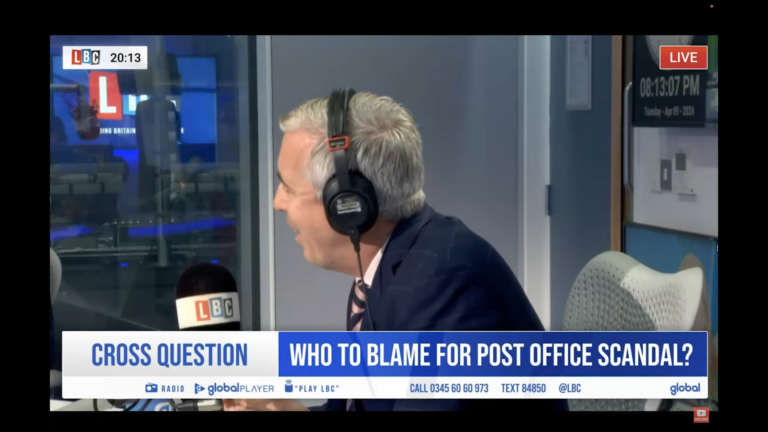Many of us occupying the much-contested centre-ground of British politics who have historically voted Labour in the past, or who may even be members of the party, will have been watching the Conservative Party Conference with real interest this year. Those seeking to come to terms with the tectonic shift in Labour’s leadership and direction following the election of Jeremy Corbyn will have been particularly interested to see what angle David Cameron would take in his speech to the Conservative faithful, and the wider voting public today.
As one of those Labour Party members and, despite a ribbing from some colleagues promising to bring back membership forms from Manchester, I was never in any real danger of switching allegiances. However, I was genuinely interested to see how the Conservatives would stake their claim to the political centre-ground now that Labour, for good or ill, has chosen to move further to the left. I was curious to see how Cameron, a normally very canny politician, would go about it.
Theresa May’s attack on immigration yesterday was hardly a step in the right direction, and received criticism from across the political spectrum, so it was down to Cameron to make the case for a more centre-ground and progressive form of Conservatism. From the perspective of many of my Party peers, he made a powerful case, but with one fundamental flaw.
Cameron has, quite rightly, often been praised for his oratorical skills. When he’s really needed to step up to the plate, delivering strong, effective and passionate speeches that appeal to a broad audience. This time his speech has been hailed by many on the ‘moderate’ left for appearing to take the best of the aspirational policies originally conceived by the Labour Party and making them seem like his own.
He even managed to get away with some embarrassing gaffes – his flat-footed double entendre about The Joy of Tax showed he really should leave the innuendo to Boris. And there was a strong case to be made that he overdid the jingoism – by the time Cameron said ‘this is a great country and we can be greater still’ we half expected an announcement that we’d be invading France tomorrow. But, in broad terms, he hit a lot of the right notes and the response from many commentators on the centre left has been a resigned and begrudging respect.
However, the one standout contentious element was his attack on the new Labour Leader Jeremy Corbyn, which has been lambasted as offensive and disingenuous. Cameron needed to cover a lot of ground in his speech today. After all the Conservative Party, his primary audience, is almost as broad a church as Labour – trying to provide something for everyone is a massive challenge. The standout elements for many in the centre-ground were fundamentally positive, and that is a big problem Labour will have to address. If he hadn’t launched such a personal attack on the Labour Leader he might have converted a lot of waverers. As it stands, some will cling to that as a reminder of the ‘nasty Tories’ of old.




